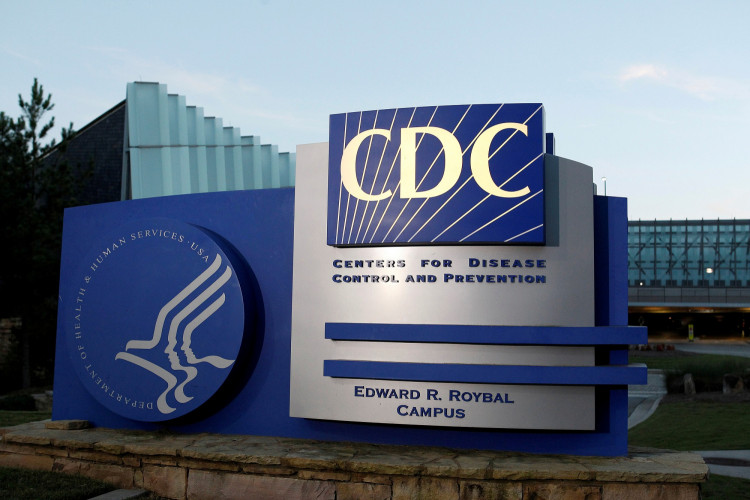The U.S. Centers for Disease Control and Prevention (CDC) is preparing to launch a study examining potential links between vaccines and autism, despite decades of scientific research showing no connection. The move, confirmed by the Department of Health and Human Services (HHS), comes as the U.S. faces a surge in measles cases fueled by declining vaccination rates.
HHS spokesman Andrew Nixon said in a statement that the CDC will "leave no stone unturned" in its effort to investigate the rising rates of autism among American children. "As President Trump said in his Joint Address to Congress, the rate of autism in American children has skyrocketed. CDC will leave no stone unturned in its mission to figure out what exactly is happening," Nixon said.
The decision has sparked concerns among public health experts, who warn that launching such a study-despite overwhelming evidence disproving any connection-could reinforce vaccine skepticism. Dr. Wilbur Chen, a professor at the University of Maryland School of Medicine and former member of the CDC's vaccine advisory panel, said the mere existence of the study is troubling.
"It sends the signal that there is something there that is worth investigating, so that means there must be something going on between vaccines and autism," Chen said.
Autism diagnoses have increased significantly in the U.S. over the past two decades. According to the CDC, approximately 1 in 36 children born in 2012 was diagnosed with autism, compared with 1 in 150 children in 1992. However, researchers widely attribute this rise to increased awareness, improved screening, and broader diagnostic criteria.
Robert F. Kennedy Jr., the U.S. Secretary of Health and Human Services, has long questioned vaccine safety. He has suggested that vaccine schedules, as well as certain ingredients in childhood immunizations, could be contributing to autism rates. During his confirmation hearings, Kennedy refused to state that vaccines do not cause autism, despite repeated findings from scientific studies disproving the claim.
Autism rates “ have gone from 1 in 10,000 ... and today in our children, it's 1 in 34," Kennedy stated during his testimony. His figures have been repeated by President Trump, though it is unclear where the 1 in 10,000 figure originated.
In recent remarks, Kennedy has suggested that childhood vaccinations, antidepressants, and other environmental factors should be studied as possible contributors to the rise in autism. "Nothing is going to be off-limits," Kennedy said last month.
The controversy surrounding the CDC's decision comes as the U.S. experiences one of the most significant measles outbreaks in recent years. More than 200 cases and two deaths have been reported in Texas and New Mexico, prompting concerns over declining vaccination rates. Health officials have attributed the outbreak in part to misinformation about vaccine safety.
Kennedy's role in overseeing the CDC study remains unclear. He recently published an opinion piece on Fox News in which he acknowledged the importance of vaccines but framed the decision as a personal choice, advising parents to consult their doctors.
Meanwhile, President Trump's nominee for CDC director, Dr. Dave Weldon, is set for a Senate committee hearing next week. Weldon, a former congressman, has expressed skepticism about vaccines, raising further questions about the agency's direction.
Trump reiterated concerns about the rise in autism during his address to Congress this week, signaling his support for Kennedy's efforts. "So, we're going to find out what it is, and there's nobody better than Bobby and all of the people that are working with you," Trump said.
The White House has not provided additional details about the CDC study or how it will differ from the extensive research that has already been conducted on vaccines and autism. The National Institutes of Health (NIH) has also been drawn into the debate, with Senate Republicans questioning Trump's nominee for NIH director, Dr. Jay Bhattacharya, on his stance.
"I don't generally believe there is a link, based on my reading of the literature," Bhattacharya said. "But we do have a sharp rise in autism rates, and I don't think any scientist really knows the cause of it. I would support a broad scientific agenda based on data to get an answer to that."






